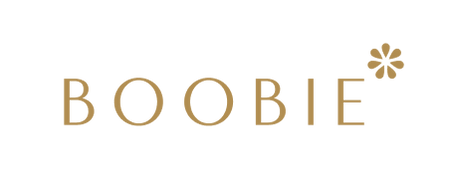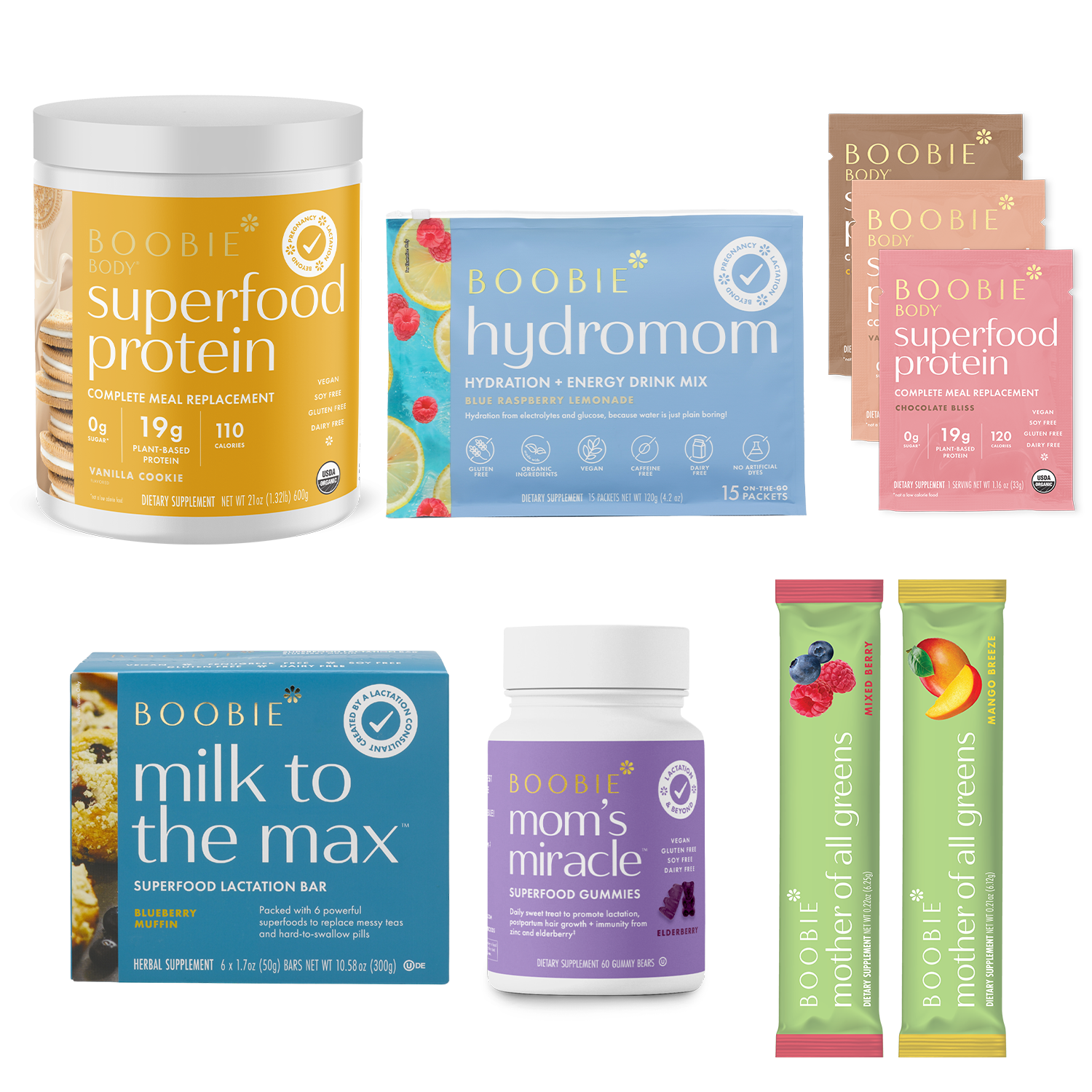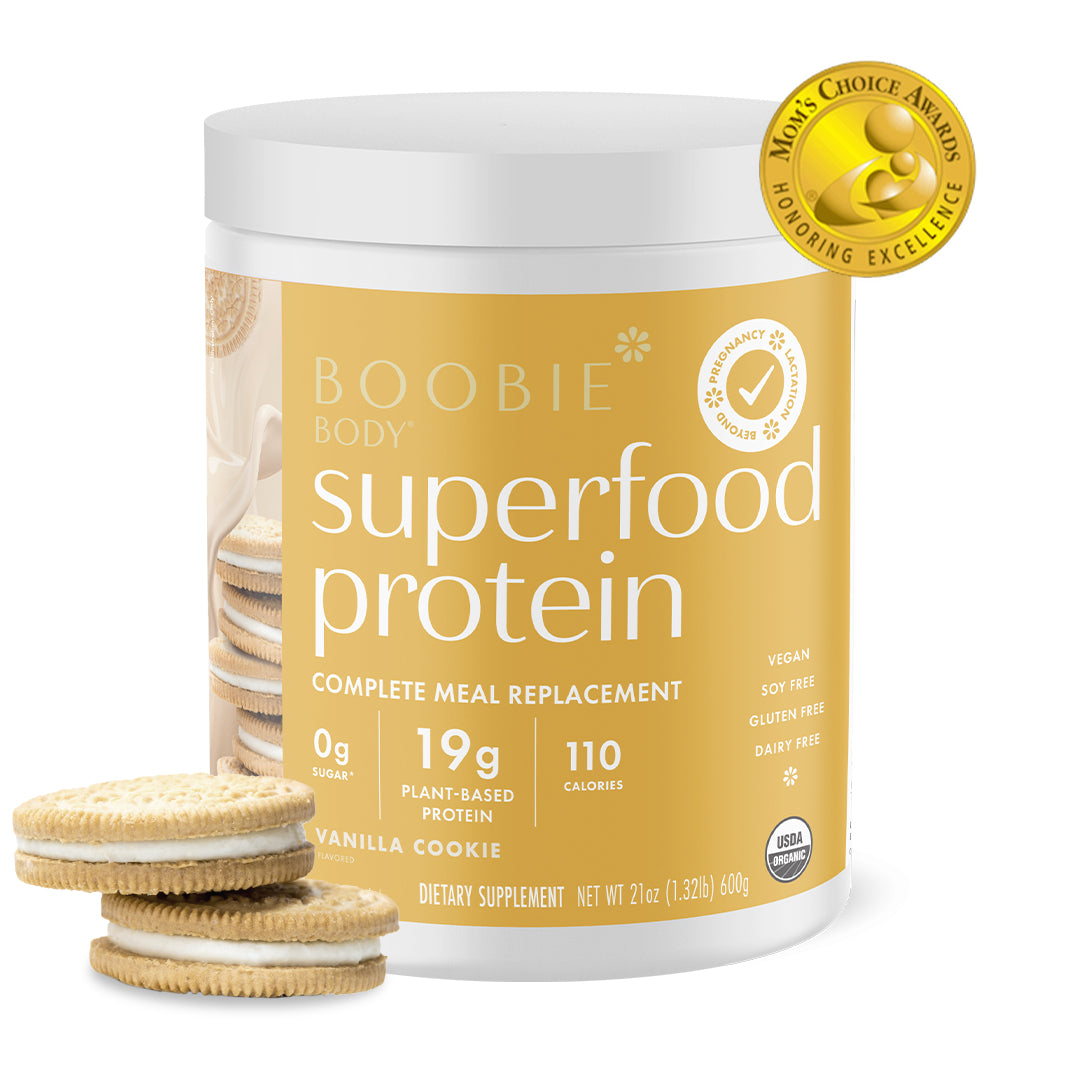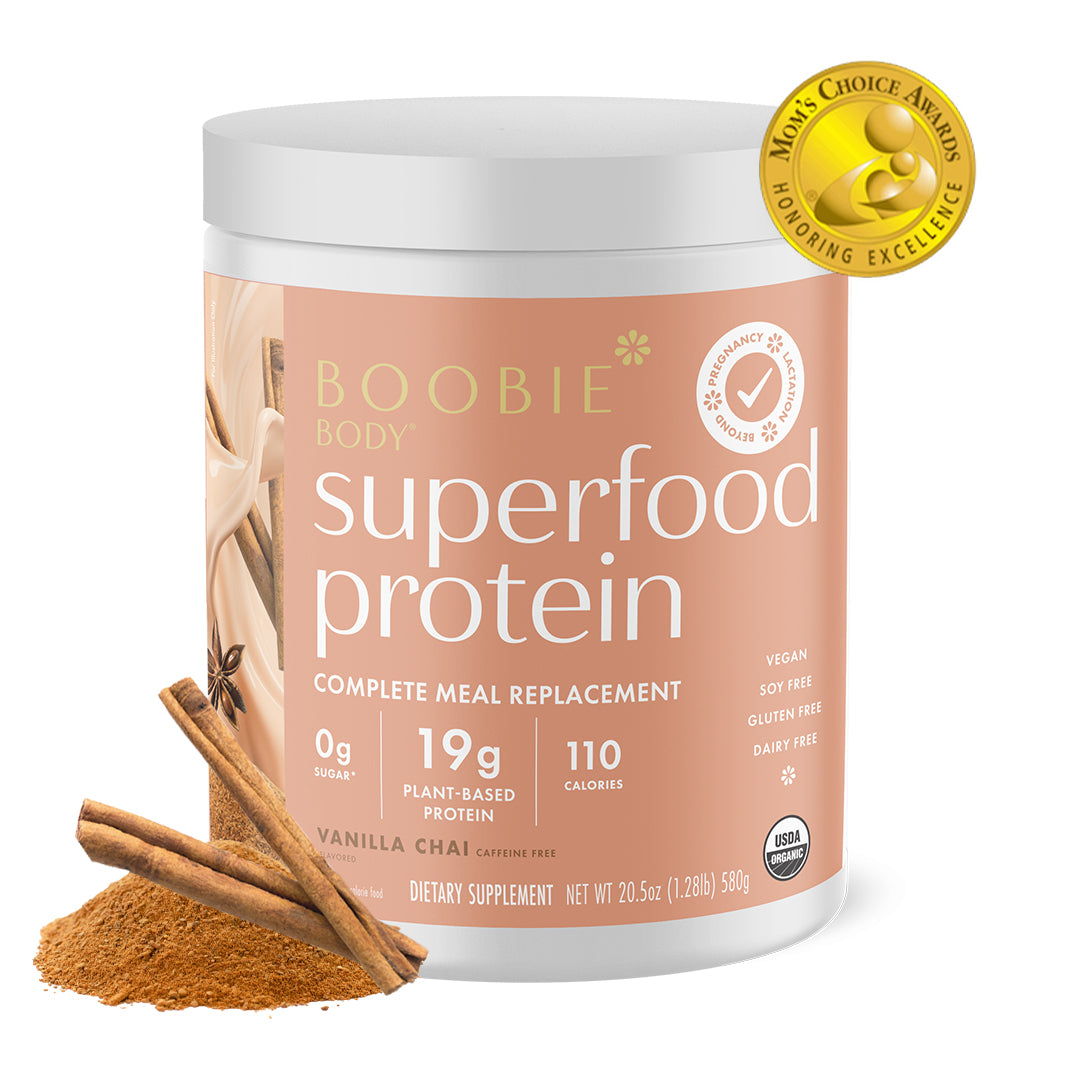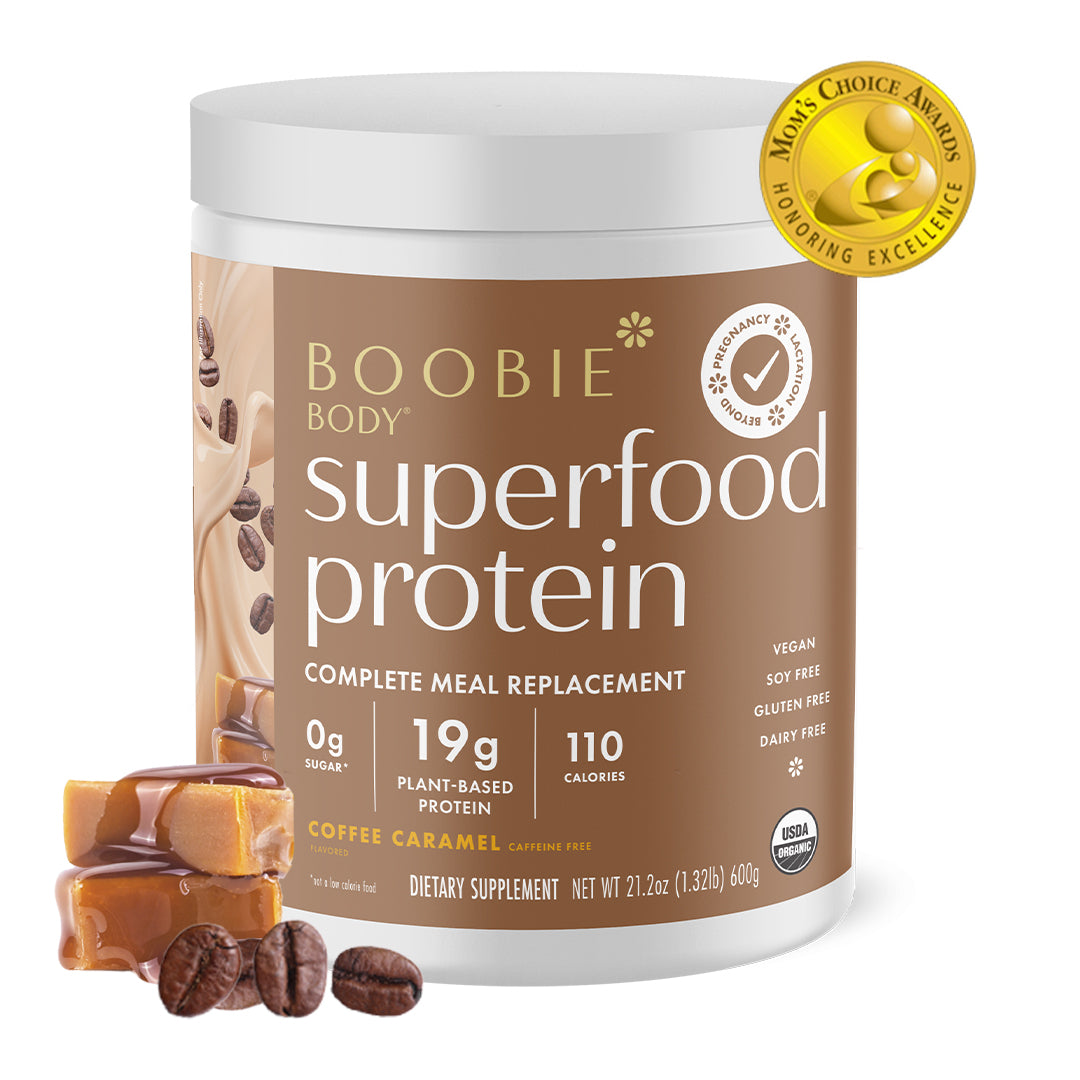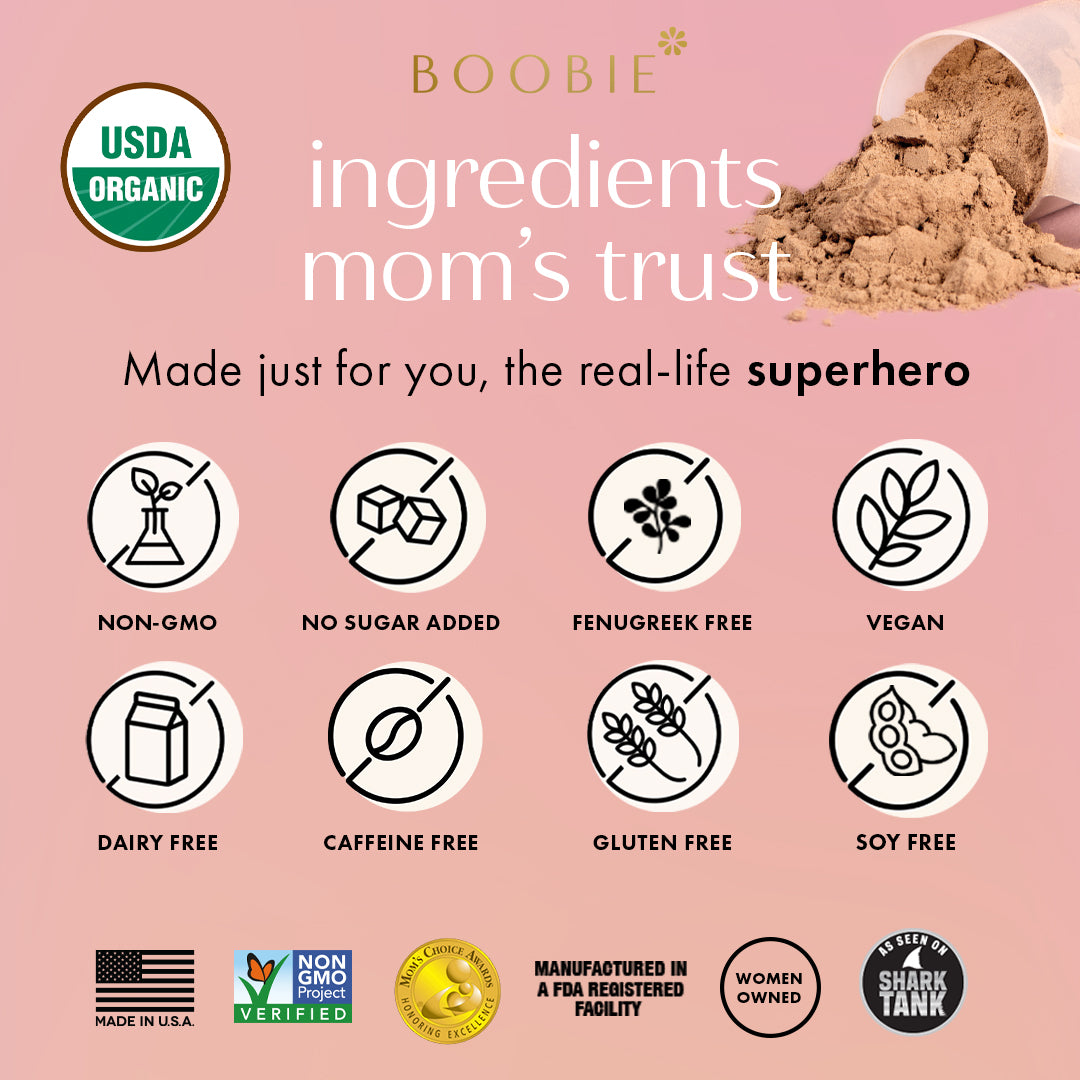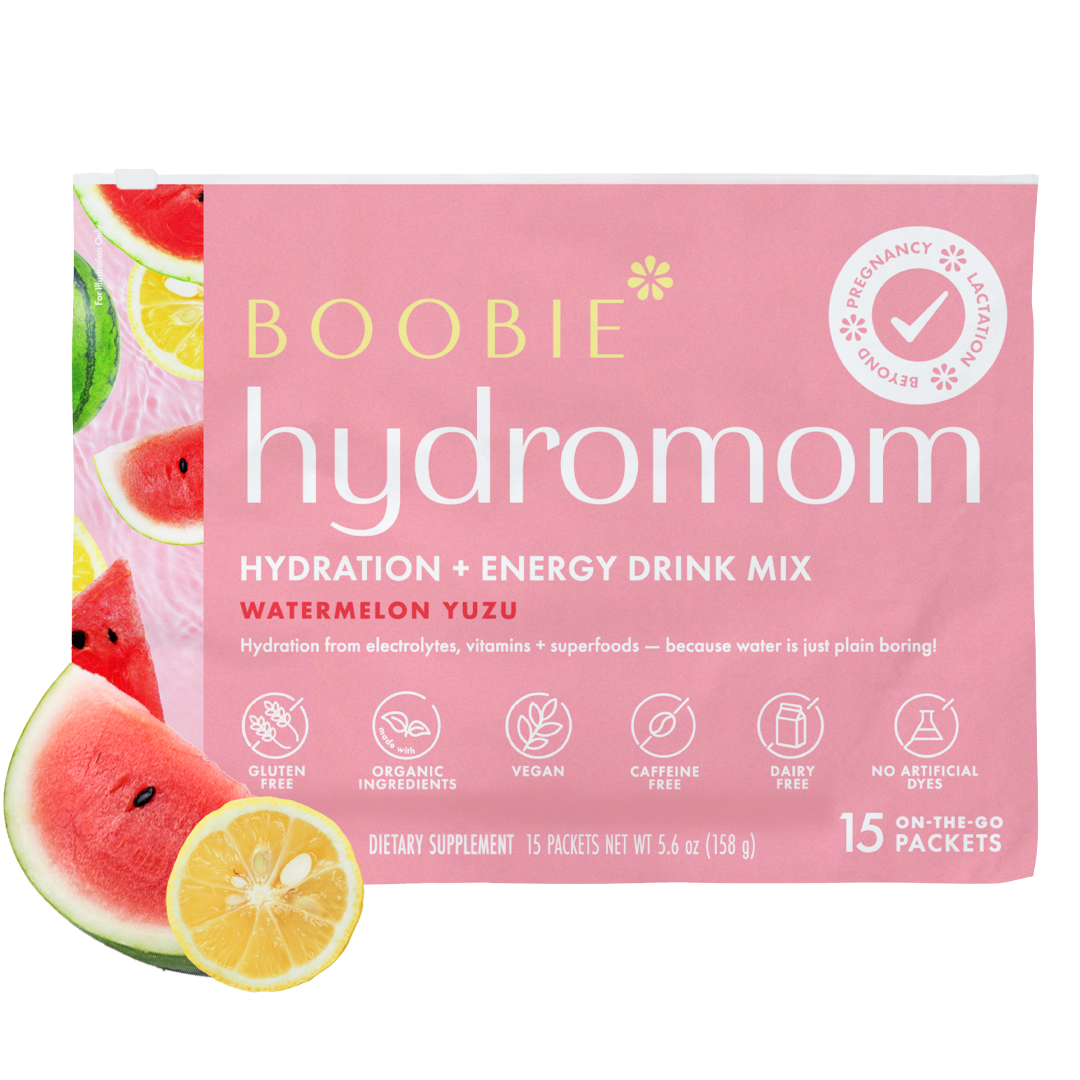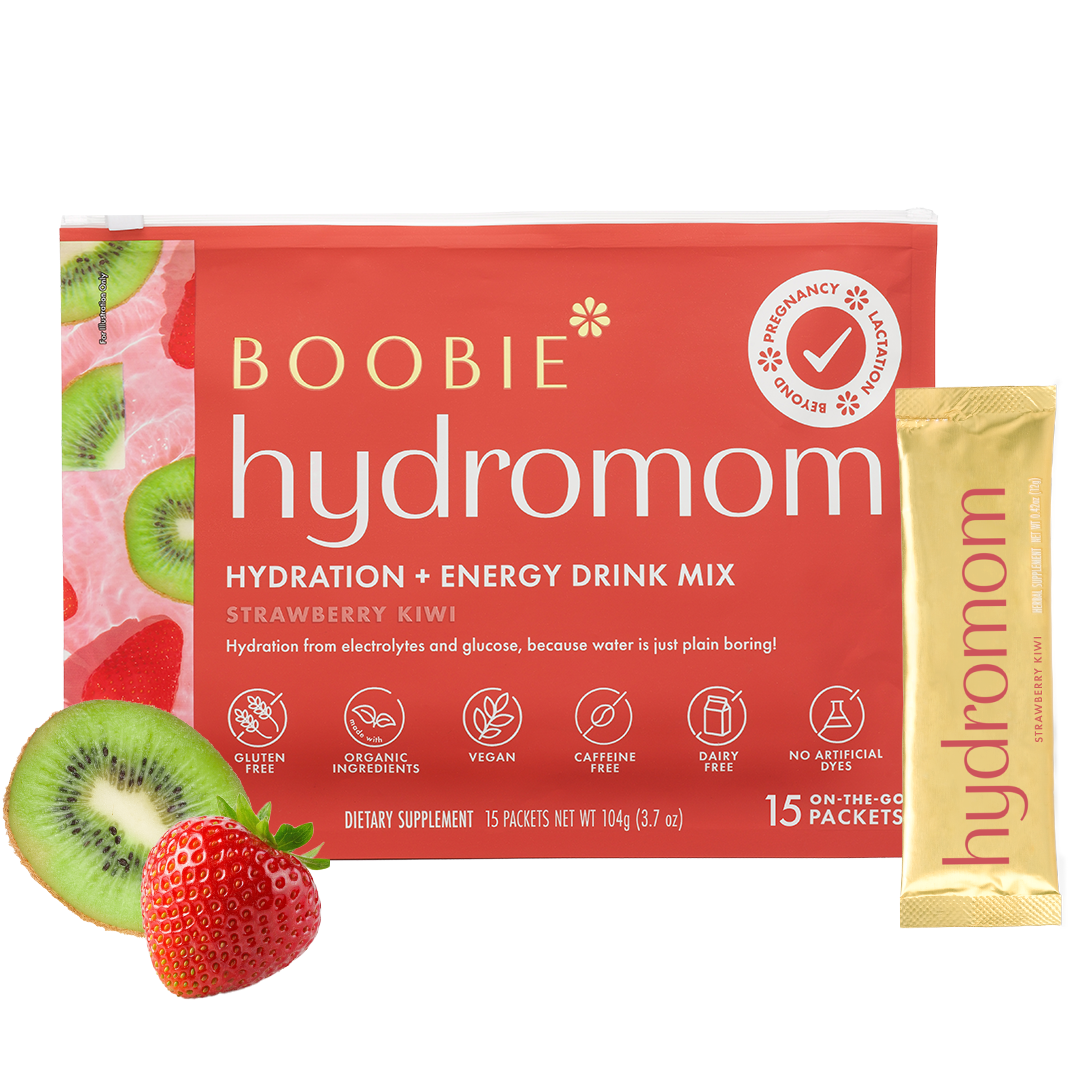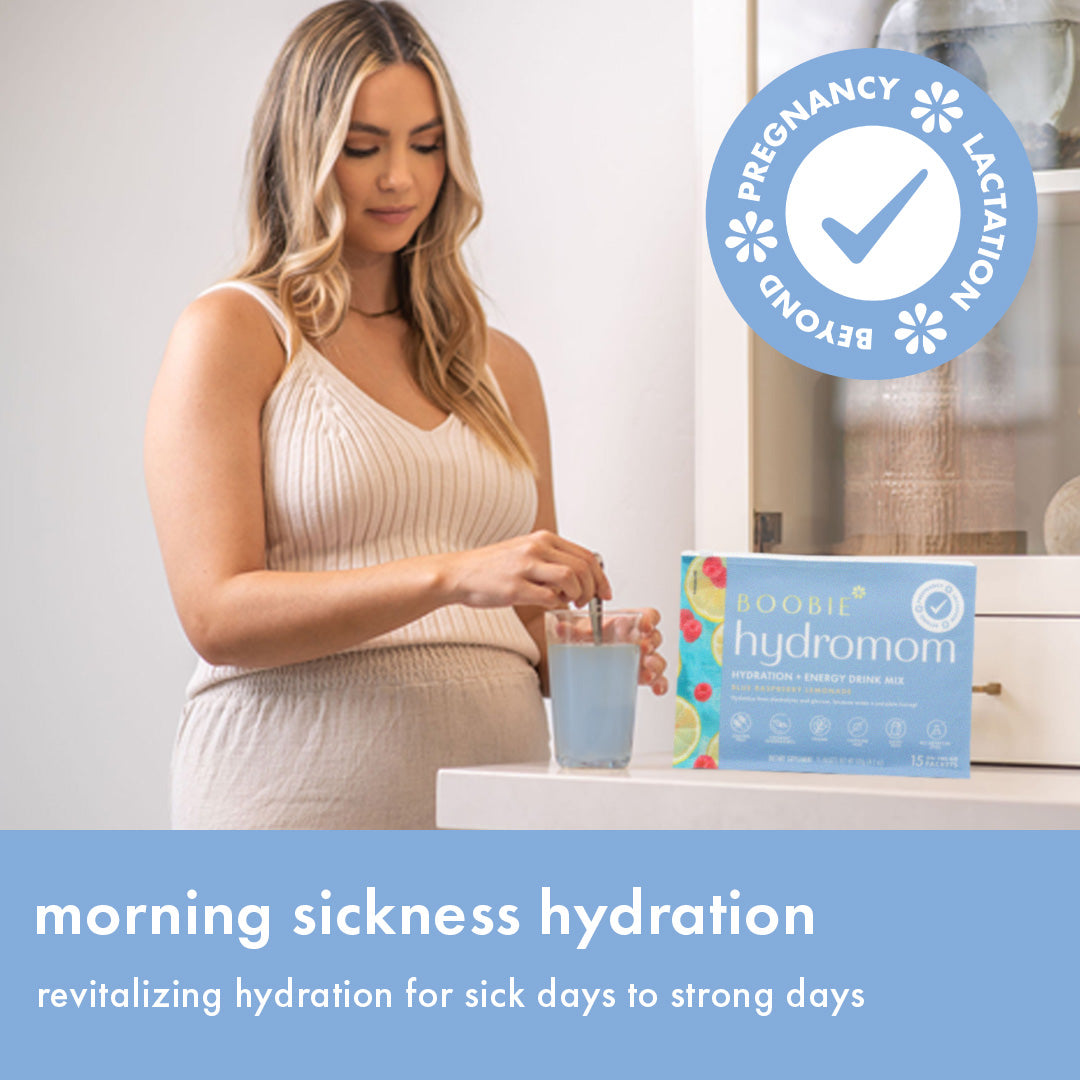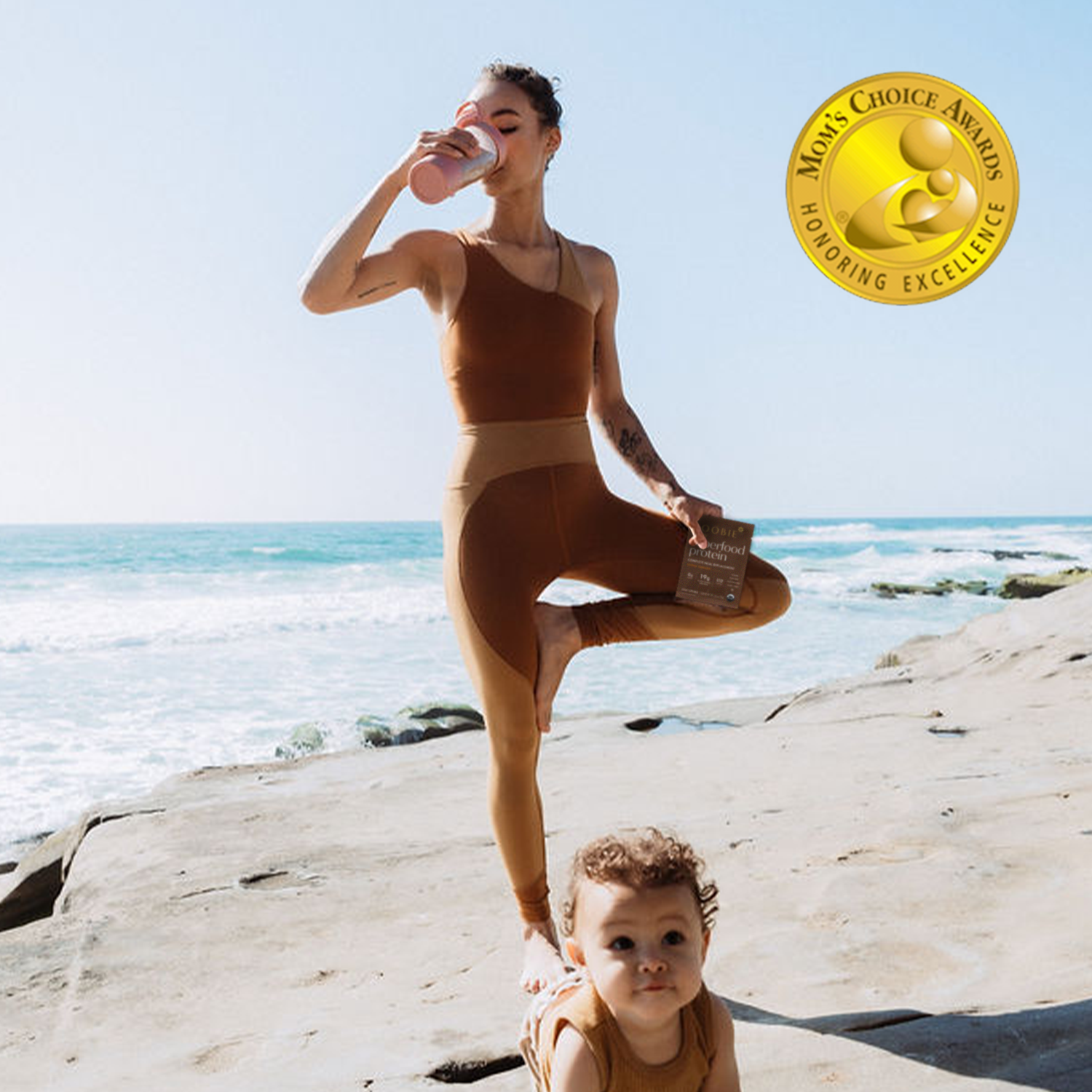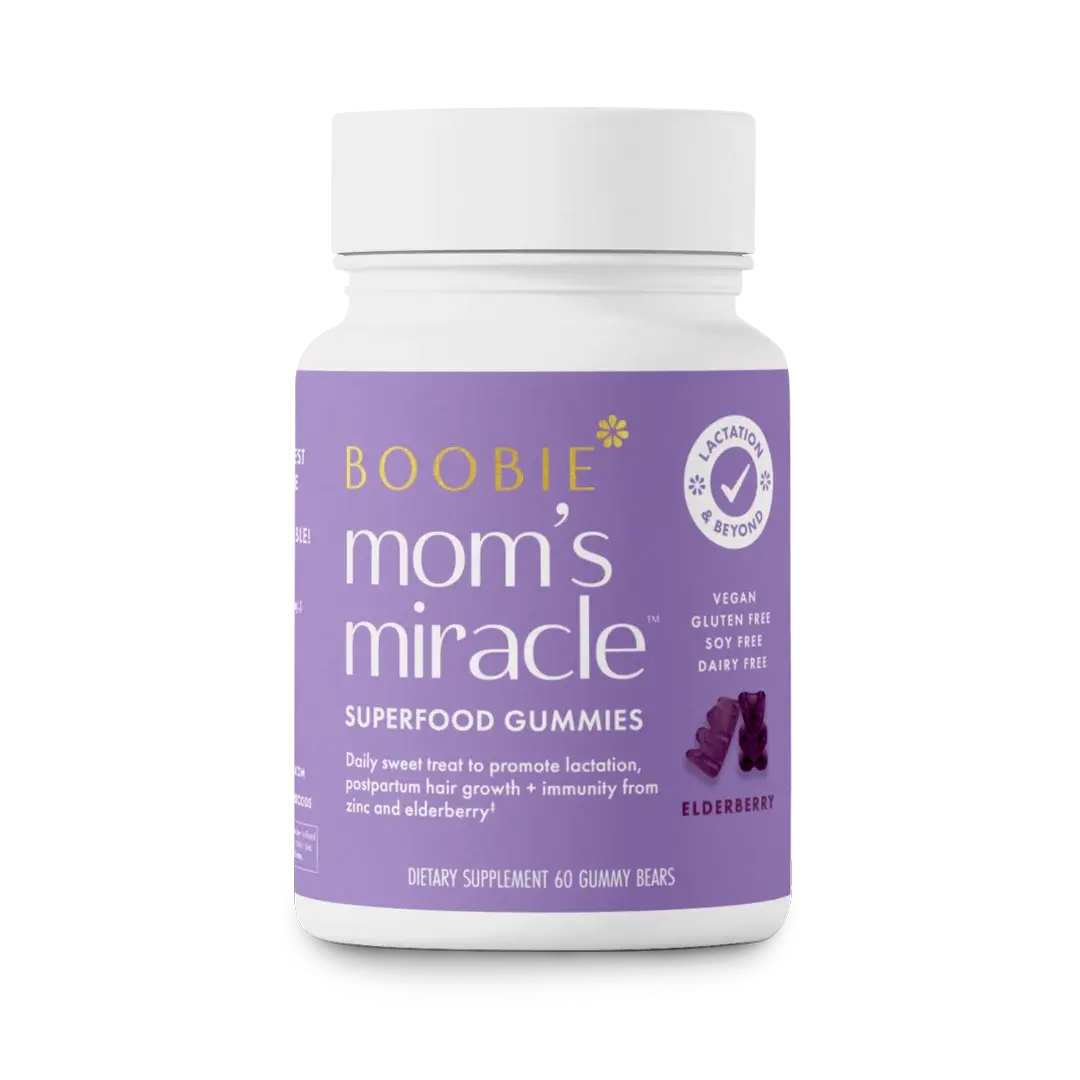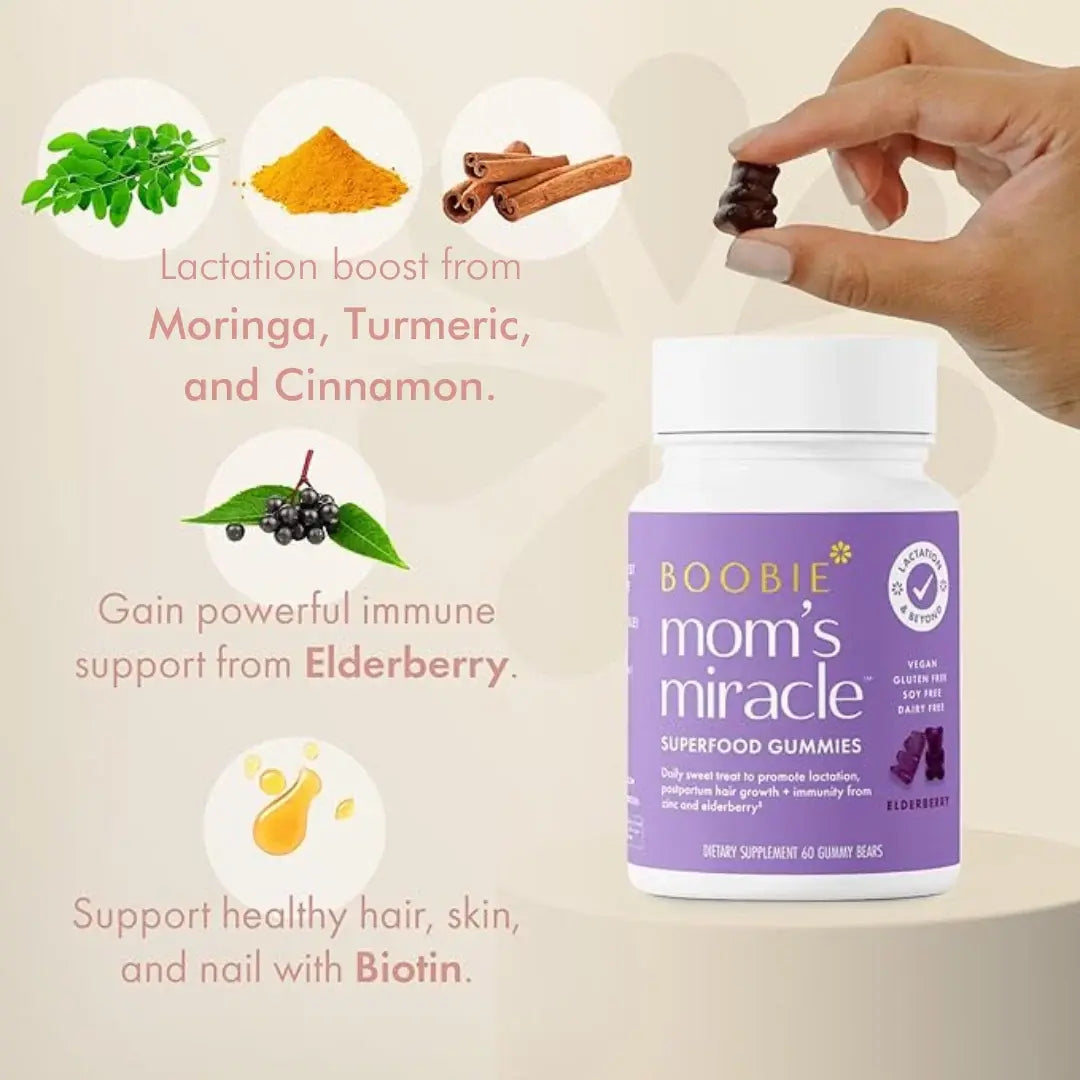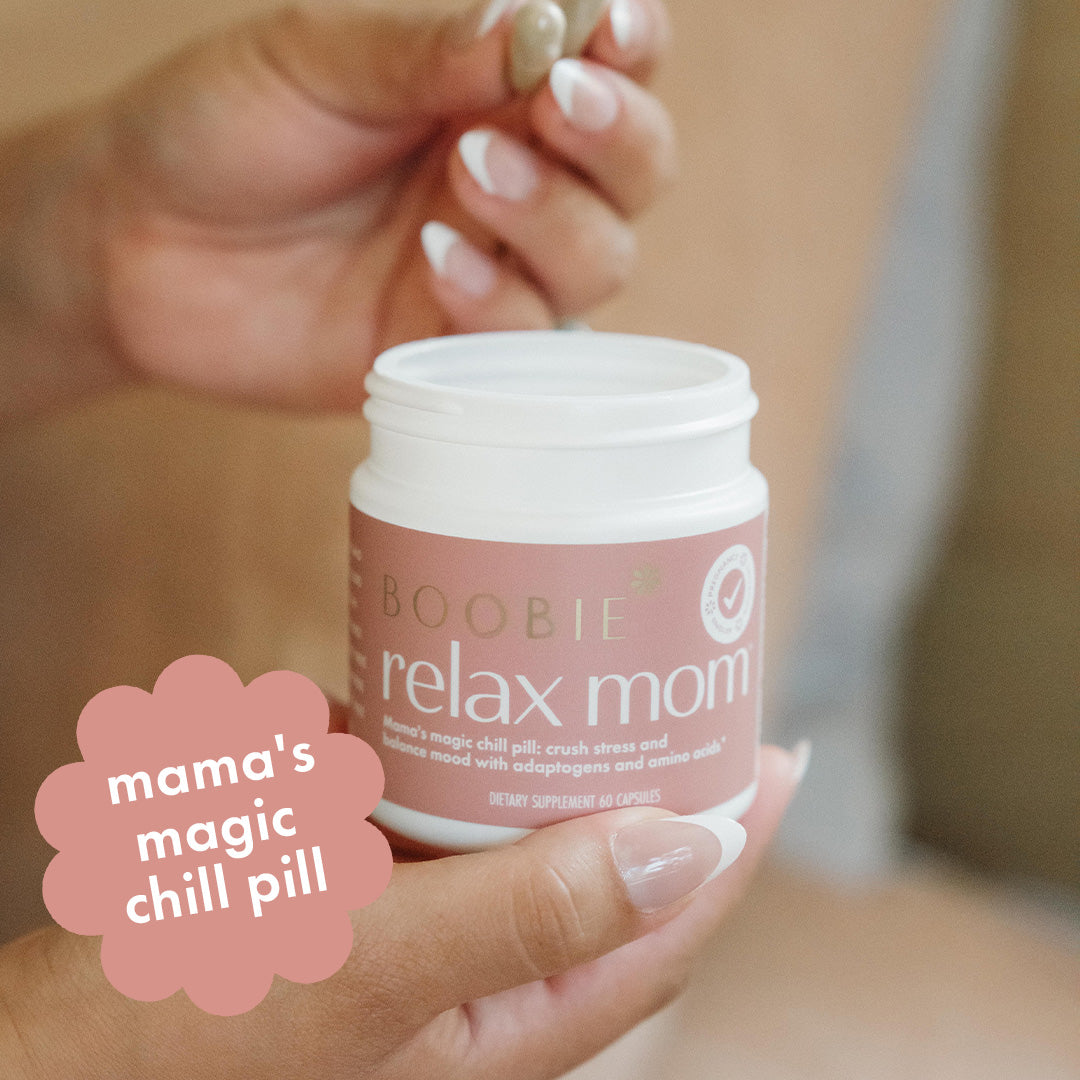By Wendy Colson, RN, IBCLC, RLC
Breastfeeding in and of itself can be demanding, but breastfeeding when you are sick can be even more challenging. Your mind may begin to conjure up all kinds of worse-case scenarios triggering a myriad of questions. Is it okay to continue breastfeeding when I’m sick? Do I need to change my breastfeeding routine? Will my supply decrease? Let's talk about it!
Should I Continue to Breastfeed While Sick?
It’s almost bound to happen that you will come down with a cold, sore throat, the flu, or food poisoning at some point in your breastfeeding relationship with your baby. It is very, very rare for a mom to need to stop breastfeeding for any illness. While all of these relatively simple bugs are contagious, you will not pass the virus to your baby by way of your breastmilk. As long as you have the energy and feel up to breastfeeding while ill, you should continue to breastfeed. It is absolutely best for the baby to continue receiving your milk since it is rich in antioxidants, nutrients, and virus-fighting antibodies. In fact, breastmilk is your baby’s best defense against contracting the virus. Also, remember by the time you feel symptoms you were already exposed to the pathogen 2-14 days before in the incubation period, and therefore so was your baby. In fact, stopping breastfeeding or withholding breast milk during illness could potentially increase your baby’s risk of getting sick (since they are not getting the protection of receiving your breastmilk!) and deprives him/her of both nutrition and comfort.
How Can I Continue to Breastfeed While I am Sick?
It certainly can be hard to muster the energy it takes to continue eating healthy and feeding your baby when you are feeling unwell, so modify the schedule and/or environment to make things easy on yourself. Cuddle the baby next to your body in your bed by using the side-lying position and let him/her nurse while you also are lying down. If you have expressed milk on reserve in the refrigerator or freezer, nurse for a shorter time and allow another family member or friend to top off the baby with a bottle. If the illness is fully kicking your butt, it’s okay to pump in lieu of nursing, occasionally or exclusively, and letting somebody else feed the baby a bottle to allow you to rest. Just be mindful of ensuring that you are draining your breast frequently enough (whether it be via feeding your baby or pumping) to ensure you can support your supply. Remember, emptying the breast makes more milk.
Bottom line, if you have come down with any “ordinary” virus or illness, continue breastfeeding as normal. Contact your IBCLC or physician for safe recommendations of medications to ease your symptoms that are compatible with breastfeeding and are safe for your milk supply (cold medications and antihistamines can decrease milk supply). Should you become ill with something that requires hospitalization, continue pumping to maintain your milk supply while being separated from the baby, and send it home with your visitors for them to use for bottle feedings in your absence. Be sure to request an IBCLC from your hospital’s lactation department if it’s not an automatic referral- like at the hospital I worked for here in San Diego. As a lactation nurse we often worked on other units besides NICU, pediatrics, and postpartum. We would get referred to every unit including Emergency Departments, ICUs, and surgical floors to assist lactating moms. In my nursing/lactation career, I even held the flanges and pumped the breasts of an unconscious patient in the ICU. When a lactating mom is admitted to the hospital, our role as IBCLC is to protect the milk supply and prevent mastitis/abscess from forming if ignored. We deliver hospital-grade breast pumps to your bedside, set them up and teach moms how to use them, make a bedside ice bath to store any pumped milk, and consult with the team of physicians and surgeons on the compatibility of mostly pain meds and IV antibiotics. It is extremely rare a mom should ever have to pump and dump while admitted since 99% of medications including contrast from radiology are compatible.
Will My Milk Supply Decrease When I'm Sick?
While the virus itself will not decrease your milk supply, the symptoms related to the illness can impact your supply since it can often lead to less breastfeeding overall. It’s extremely important to be sure to drink plenty of hydrating fluids like Hydromom, which has a combination of organic coconut water, sodium, electrolytes, and glucose with symptoms such as vomiting or diarrhea, fatigue, or lack of appetite as the risk for dehydration increases which can impact milk supply.
Though it may be tricky, as long as you feel well enough to breastfeed while under the weather, you should! There is peace of mind in knowing your sweet baby is receiving virus-fighting antibodies (YAY!) among lots of other amazing nutrients in your breastmilk. Be sure to rest as much as possible and remember that you’ve got this mama!
